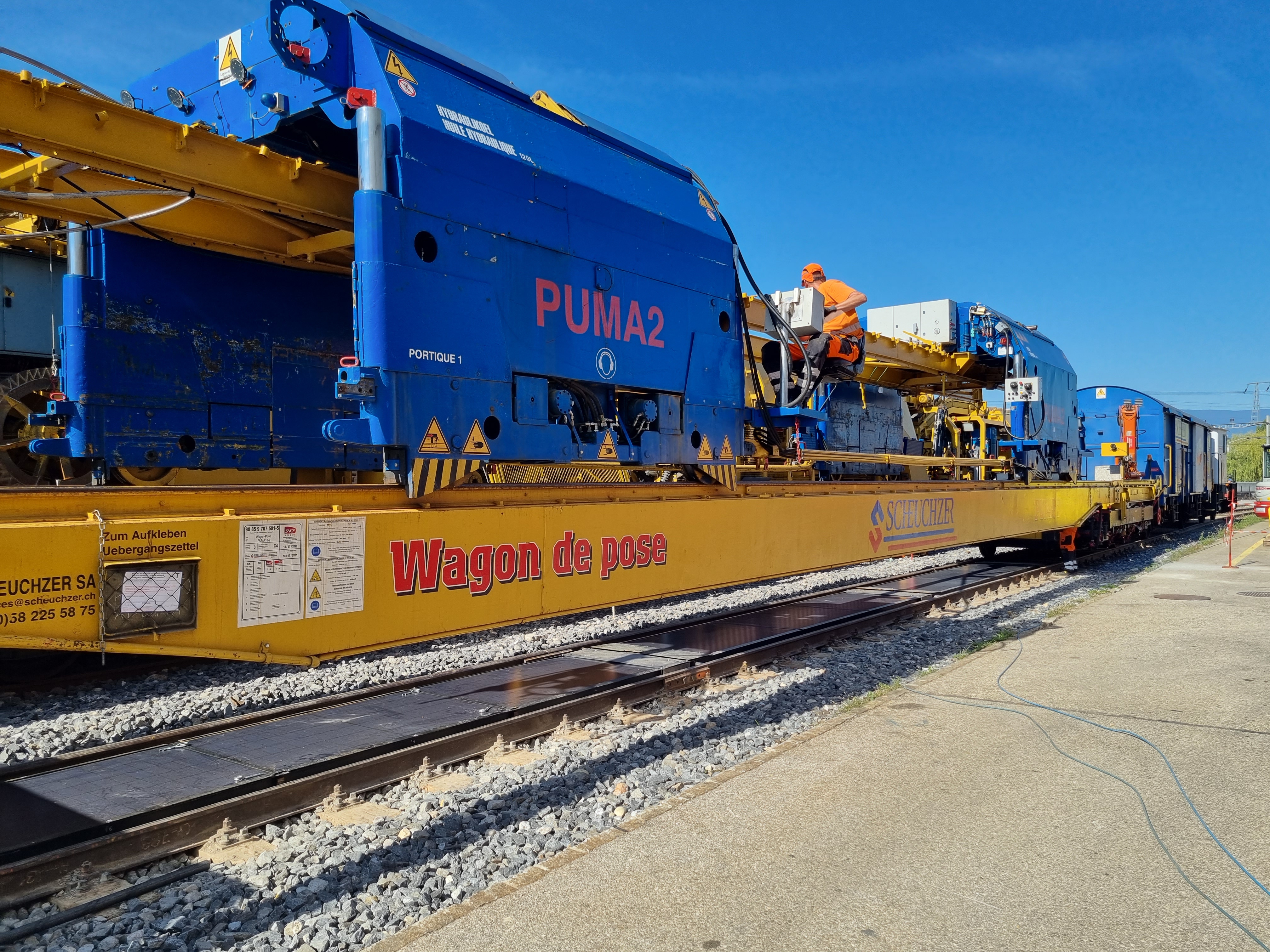Energies, Vol. 16, Pages 2805: Bayesian Regularization Neural Network-Based Machine Learning Approach on Optimization of CRDI-Split Injection with Waste Cooking Oil Biodiesel to Improve Diesel Engine Performance
Energies doi: 10.3390/en16062805
Authors: Babu Dharmalingam Santhoshkumar Annamalai Sukunya Areeya Kittipong Rattanaporn Keerthi Katam Pau-Loke Show Malinee Sriariyanun
The present study utilized response surface methodology (RSM) and Bayesian neural network (BNN) to predict the characteristics of a diesel engine powered by a blend of biodiesel and diesel fuel. The biodiesel was produced from waste cooking oil using a biocatalyst synthesized from vegetable waste through the wet impregnation technique. A multilevel central composite design was utilized to predict engine characteristics, including brake thermal efficiency (BTE), nitric oxide (NO), unburned hydrocarbons (UBHC), smoke emissions, heat release rate (HRR), and cylinder peak pressure (CGPP). BNN and the logistic–sigmoid activation function were used to train the experimental data in the artificial neural network (ANN) model, and the errors and correlations of the predicted models were calculated. The study revealed that the biocatalyst was capable of producing a maximum yield of 93% at 55 °C under specific reaction conditions, namely a reaction time of 120 min, a stirrer speed of 900 rpm, a catalyst loading of 7 wt.%, and a molar ratio of 1:9. Further, the ANN model was found to exhibit comparably lower prediction errors (0.001–0.0024), lower MAPE errors (3.14–4.6%), and a strong correlation (0.984–0.998) compared to the RSM model. B100-80%-20% was discovered to be the best formulation for emission property, while B100-90%-10% was the best mix for engine performance and combustion at 100% load. In conclusion, this study found that utilizing the synthesized biocatalyst led to attaining a maximum biodiesel yield. Furthermore, the study recommends using ANN and RSM techniques for accurately predicting the characteristics of a diesel engine.

 1 year ago
31
1 year ago
31


